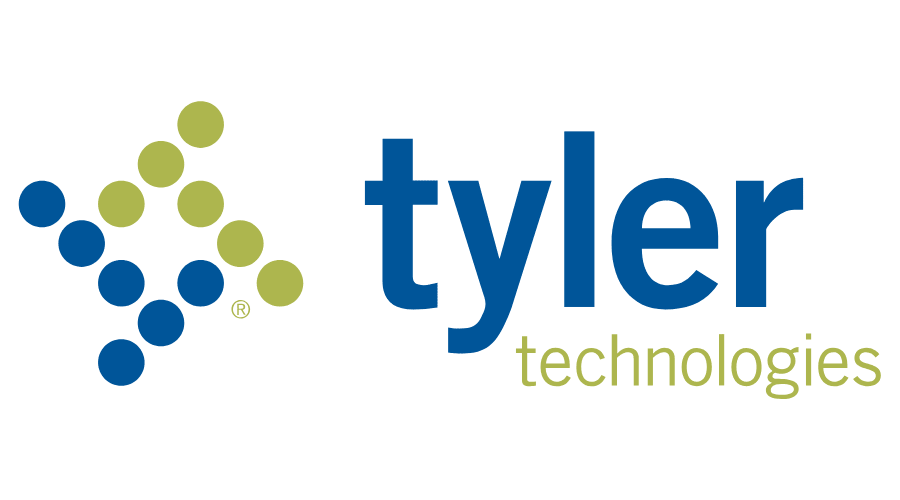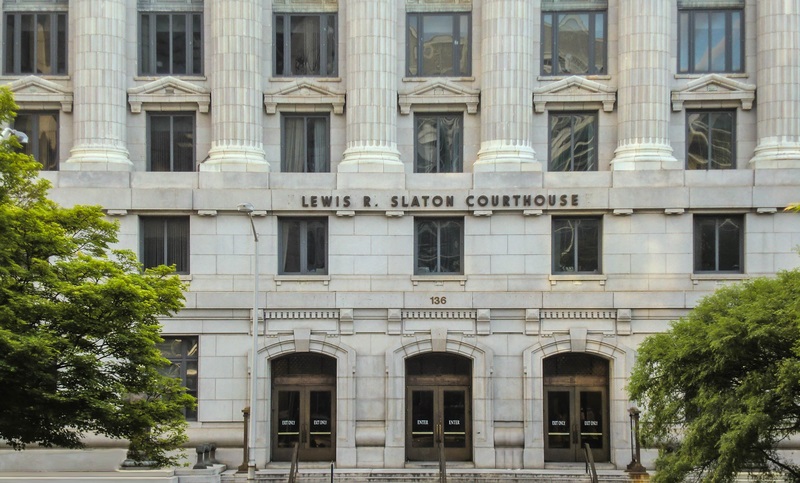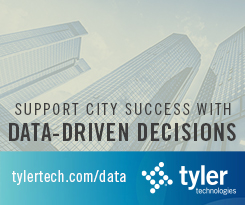
Photo: Michaeljayberlin | Dreamstime.com
Beyond open data: Why cities need a better story
01 November 2022
Sponsored by: Tyler Technologies
Many cities and states have long been sharing their data to boost transparency, innovation and public participation. They could take this to the next level by providing a key piece of the puzzle that has often been missing: story.

“It’s data and storytelling that create a transparent government,” said Christopher King, Director, State & Local Government, Data & Insights Division at Tyler Technologies. He was speaking during the recent Cities Today Institute City Leadership Forum in Dallas.
“Transparent government leads to an engaged and educated public, and an engaged and educated public is going to lead to healthier, happier and more vibrant communities.”
Justin Bruce, Director of Client Success at Tyler Technologies, who formerly worked in city government, said data with context can also provide important evidence for complex budgetary issues and other decisions, and help with getting public buy-in for proposals. It provides a “shared understanding” to work from, he said.
Ramsey County’s ‘Swiss Army knife’ of data
One government that is embracing the data storytelling approach is Ramsey County in Minnesota.
Alongside a data catalogue, maps, finance and performance information, the county shares dashboards and stories on everything from COVID-19 to economic development.
As King put it, the repository is “a Swiss Army knife of data stories”.
Ramsey County explains the importance of the approach like this: “Data stories communicate valuable insights and usually involve a combination of data, visuals and narrative. They explain what’s happening in the data and why it’s important. Actionable information would remain buried in the rows and columns of our datasets without the use of these tools.”

One of the data stories on the platform relates to ice arenas, covering the revenues, expenses, profits and losses of each arena. The narrative also provides information on the community benefits of the arenas and plans for future improvements.
“We’re able to better understand the history from a financial standpoint of all of these arenas,” said King.
Another story covers a more serious area: food insecurity. Ramsey County has higher rates of food insecurity than the Minnesota state average. The food access gap widened during the COVID-19 pandemic and the trend continued in 2021, compounded by inflation and supply chain challenges.
Children, older adults and racially and ethnically diverse communities are the most impacted by food insecurity – 20 percent of Ramsey County children were estimated to be food insecure in 2020.
The story goes on to outline the impacts of food insecurity and steps Ramsey County is taking to address the issue, as well as resources and support that are available.
Increasing trust
Ramsey County’s story on reducing juvenile detention shows that the number of admissions to juvenile detention has fallen by 90 percent since 2005 as well as some of the initiatives that have helped to achieve this.
However, the data also shows that racial disparities continue to exist within the juvenile justice system and youth of colour represent a disproportionate majority of secure detention admissions.
“The county is being transparent by putting the data out there,” said King.
At the city level, Dallas, Texas also encourages its residents and others to explore data stories. These include stories on crime analytics, vision zero, celebrating female employees, and the pandemic. A recent analysis of open data published by 336 US state and local governments revealed the most popular dataset to be active calls to the Dallas Police Department.
In conclusion, King said: “When you combine data and storytelling, you are opening citizens up to accessing and understanding this data in new ways. You’re going to increase trust within the community and you’re going to be able to meet citizens of the community where they’re at, whether they have a data science background or they just want to know how their local government operates.”
You can’t manage what you don’t measure – establishing the right metrics and breaking data out of silos is key. Learn more about how Tyler Technologies can help your city.












